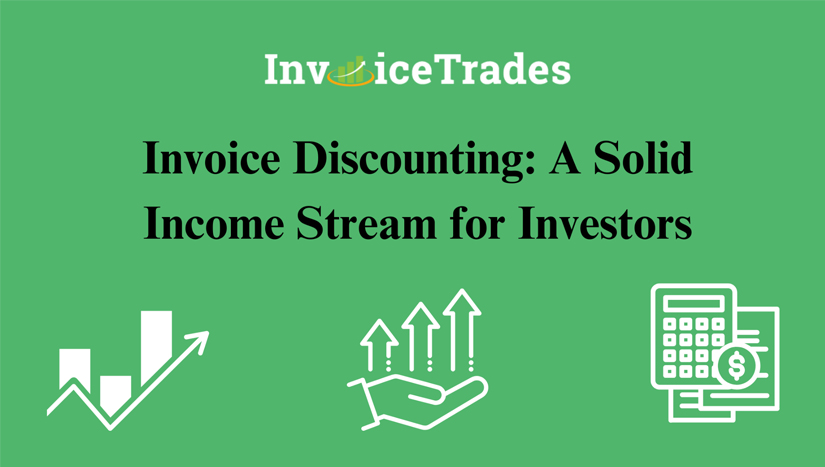
For investors, it presents a unique opportunity to earn steady returns with relatively low risk. With the rise of digital platforms facilitating invoice discounting, this strategy is becoming increasingly accessible and appealing.
Invoice discounting is a financial arrangement where businesses sell their unpaid invoices to investors at a discount, receiving immediate cash flow. Unlike factoring, where the financing company takes control of collecting payments, invoice discounting allows businesses to maintain control over their client relationships. This solution helps businesses meet short-term cash needs without taking on debt.
The process is straightforward:
The system benefits all parties involved: businesses get quick access to funds, and investors gain access to a predictable income stream.
Invoice discounting is gaining traction among investors for several reasons:
For those seeking low-risk investments, invoice discounting provides a secure and consistent option.
While invoice discounting is relatively low-risk, it’s not risk-free.
Proactive risk management ensures that invoice discounting remains a safe and lucrative option.
Compared to traditional investments like stocks, bonds, and real estate, invoice discounting offers:
These advantages make invoice discounting an excellent complement to a diversified investment strategy.
The invoice discounting industry is poised for growth. Technology is making this investment option more accessible, allowing investors to analyze risk and returns efficiently. As more businesses adopt invoice discounting to address cash flow challenges, the market will expand, creating new opportunities for investors.
Invoice discounting is a reliable and profitable income stream for investors. It combines the benefits of steady returns, short investment cycles, and low risk, making it an excellent choice for those seeking diversification. Whether you’re an experienced investor or just starting, exploring invoice discounting could be the key to building a stable and consistent income stream.
Start by researching reputable invoice discounting platforms or consulting a financial advisor to understand how this strategy fits into your financial goals.